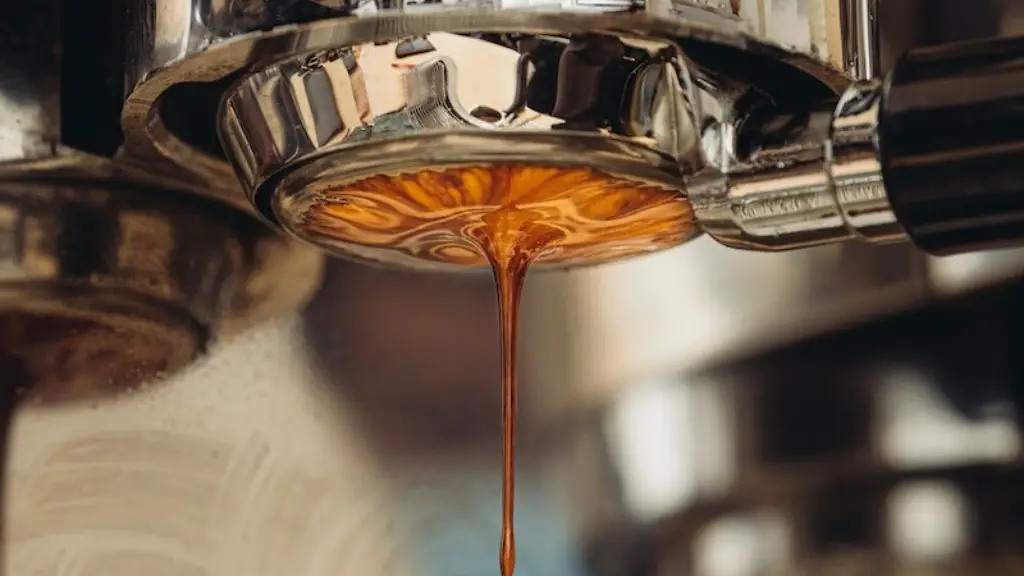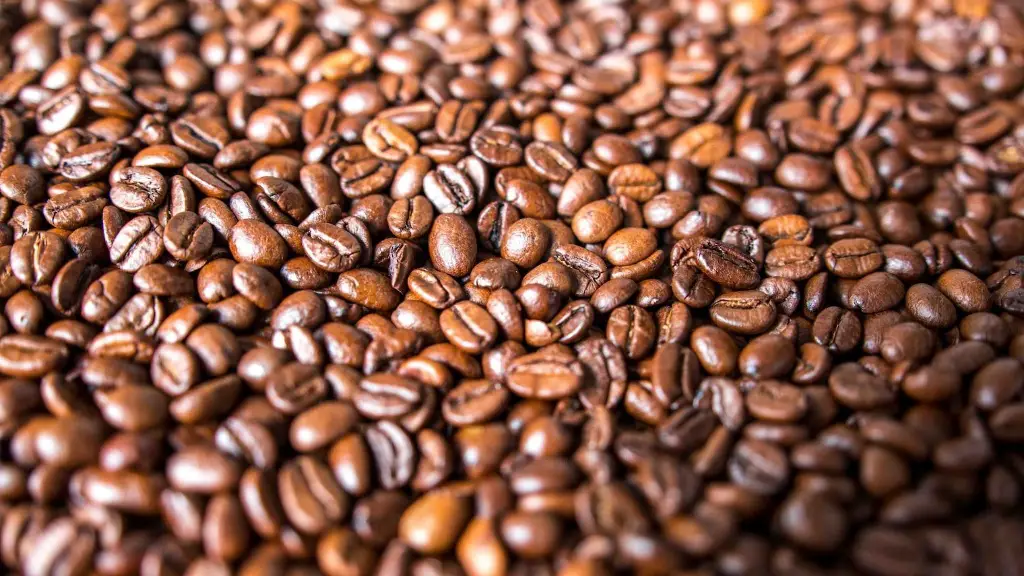Can You Drink Coffee the Day After Wisdom Teeth Removal?
Wisdom teeth are the last to emerge, most often between the ages of 17 and 25. Like any form of surgery, removal of wisdom teeth can lead to some very uncomfortable side-effects, on top of additional pain and swelling in the affected area. It’s important to know what you can and can’t do post-surgery, to ensure a complete and speedy recovery. And when the first thing you reach for when the morning hits is your cup of coffee and you’ve just had wisdom teeth removed, it’s normal to want to know whether you can and should still drink it.
Most often than not, dentists and healthcare professionals will advise against drinking any caffeinated beverages the day after wisdom tooth removal. The physical and chemical substances within coffee could cause an increase in swelling and pain, if consumed directly after the procedure. Coffee, particularly some brands of instant coffee, also contains an ingredient called guarana, which is linked to an increase in blood pressure levels – definitely something to avoid if you’ve just had surgery.
In addition to the potential effects of coffee consumption, the act of drinking anything that is too hot can be difficult and painful to do if you’ve just had surgery. Hot beverages can ‘burn’ cheeks and tongues that have recently been cut and interfered with and can also cause a burning sensation on the gums that are still recovering from the procedure.
As uncomfortable as it may be, it’s important to try and abstain from drinking coffee for at least 24 hours post-surgery. That doesn’t necessarily mean that you have to go without caffeine completely; some patients opt for a decaffeinated variety instead, which is much gentler to consume than its fully-caffeinated counterpart. Alternatively, some people experience far less discomfort by having their chosen beverage lightly cooled.
What Are the Benefits From Avoiding Coffee?
The day after a wisdom tooth operation, it’s common to experience throbbing and intense pain. When consumed, coffee has the potential to ‘open up’ the wound so to speak and cause excessive swelling and inflammation. Abstaining from the consumption of coffee after a dental procedure will ensure that the area is given time to heal, without the potential aggravation of further sensitivity and discomfort.
It’s also important to note that coffee has a diuretic effect, meaning that it increases the need to urinate. This has the potential to reduce the efficacy of any painkillers that are prescribed; not to mention that trips to the bathroom may cause discomfort in the aftermath of wisdom tooth surgery, particularly due to the need to move your jaw.
The Best Alternatives to Coffee
Sometimes, kicking the coffee habit altogether for at least 24 hours is simply not a possibility. In this case, opting for an alternative caffeinated beverage can help to provide you with some of that much-needed pick-me-up whilst remaining mindful of your comfort and the area in your mouth that is still healing.
A great option to reach for is a soft drink or juice, provided it is not too acidic. It’s always best to reach for something that has been artificially sweetened and has a low content in terms of its caffeine level, since any flavoured beverage or juice that has been sugary will have an acidity level that could be difficult to bear when it comes into contact with the cheeks and gums.
In addition to soft drinks and juices, ‘healing drinks’ are also an option. Many of these are available in powdered form, from health stores and supermarkets. They are naturally sweetened and contain various additives such as vitamins and minerals that help to speed up the process of healing.
What Other Measures Can Be Taken?
It is important to consume as much liquid as possible post-surgery. Not only will this help to reduce any potential discomfort and swelling in the affected area, but it also helps to flush out any food debris that may have been left in the mouth following the procedure. Many dentists and healthcare professionals will suggest that sterile saltwater be used daily to help keep the area clean.
In addition to this, it’s important that any medications prescribed are taken as instructed. Depending on the severity of the procedure, it is possible for the dentist or oral surgeon to prescribe a prescription-strength antibiotic. These medications can help to reduce the risk of catching a post-surgical infection, something that any patient should try their best to avoid.
Are There Any Exceptions to Drinking Coffee?
It is not recommended that any age group drinks coffee directly after wisdom tooth removal. However, there may be some exceptions to this rule; in some cases, if the surgery is considered minor and the patient is exceptionally careful when consuming their beverage, a dentist may allow the patient to drink coffee strategically.
Regardless, it is of utmost importance to check with the dentist or healthcare provider that performed the procedure before drinking coffee. If clear instructions have been given to avoid it all costs, it’s best to abide by this advice, to ensure complete and speedy recovery.
What About Other Stimulants?
Other stimulants such as energy drinks, energy juices and teas all contain a moderate to high caffeine content that can aggravate the affected area, should it come into contact with it. For this reason, it is best to abstain from these beverages for at least 24 hours.
It’s important to note, however, that some herbal teas such as chamomile, peppermint, ginger and rooibos as well as green tea and white tea, all of which contain a low to moderate amount of caffeine, can be beneficial for healing purposes. These can be enjoyed depending on your individual recovery.
What to Do If Pain and Swelling Is Experienced
Heavy swelling and intense pain should be expected the day after wisdom teeth removal, as this is when most of the inflammation will take place. As such, it is essential that regular painkillers are taken as instructed to help manage symptoms. Additionally, the affected area should be cooled down with a cold compress for at least 10 minutes at a time to help reduce swelling and discomfort.
It’s also important that patients avoid opening their mouths too widely, as this can cause further damage. This means that making ‘fish faces’ when looking in the mirror or eating should also be avoided, as these situations have a tendency to stretch the mouth too far.
How to Get the Most Out of Your Recovery Time
Rest is an essential part of the recovery process, so it’s best that you plan your day around it and allow yourself to rest and recover in peace. Additionally, non-steroidal anti-inflammatory drugs such as ibuprofen and naproxen can help to reduce any potential inflammation and tenderness in the area.
Finally, it also helps to keep your mouth as clean as possible, by brushing and flossing twice a day as recommended, to reduce any food debris. Not doing so can potentially increase the risk of infection and further tenderness, and so should be avoided.




